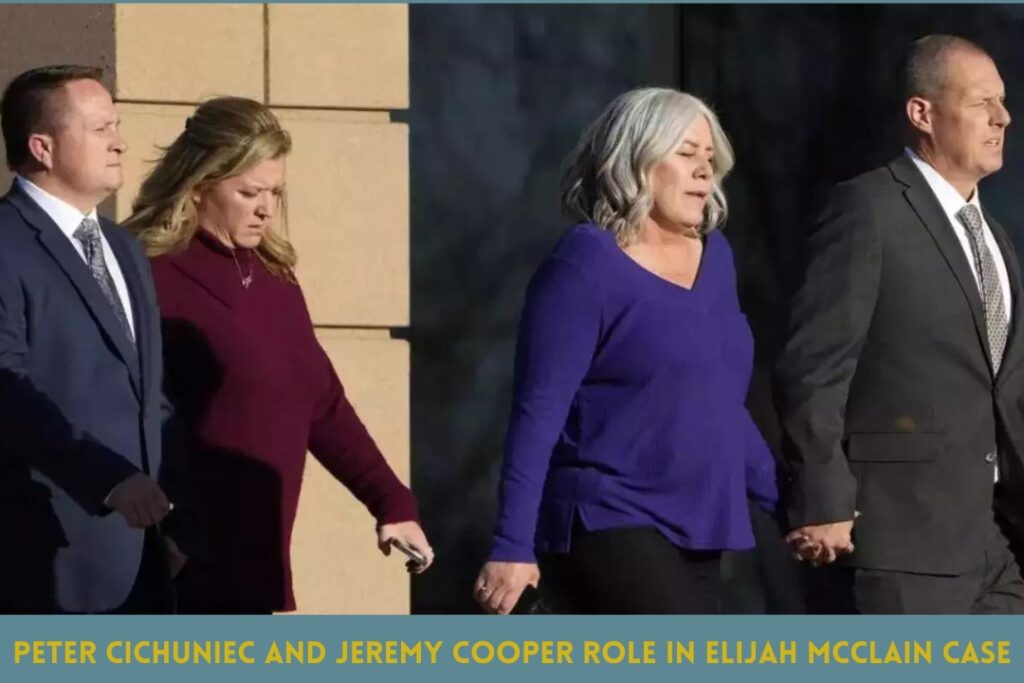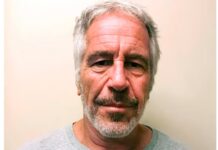A Colorado jury condemned two paramedics, Peter Cichuniec and Jeremy Cooper, on Friday for their roles in the unfortunate death of Elijah McClain, a Black pedestrian. The incident occurred in 2019 after a conflict with the police, which resulted in McClain being given a deadly dose of ketamine.
Cichuniec was found guilty of criminally negligent homicide and second-degree assault owing to the improper administration of medications by the jury. Cooper, meanwhile, was cleared of two assault allegations filed against him. Following the verdict, the presiding court remanded Cichuniec into custody, while Cooper’s bond was extended.
These convictions were a crucial step forward in the case of McClain’s death, in which five first responders, including the paramedics described above, were charged criminally.
Sheneen McClain, Elijah McClain’s mother, and community activist MiDian Holmes lifted their fists in the air outside the courtroom following the verdict, chanting her son’s name and showing their love for him. As she exited the courtroom, she expressed her feelings, saying, “We did it, we did it, y’all.”
Landmark Verdicts in Elijah McClain’s Case: Paramedics Convicted in Tragic Death After Police Confrontation:
Colorado Attorney General Phil Weiser underlined the need of seeking justice, despite the difficulty of prosecuting such instances. He claimed that Elijah McClain was innocent, that his life was important, and that he should still be alive today.

On November 6, Aurora Police Officer Nathan Woodyard was acquitted of reckless manslaughter and criminally negligent homicide charges. Woodyard was cleared and eligible to return to service despite being suspended during the indictment.
Officer Randy Roedema was found guilty by a jury on October 12 of criminally negligent homicide and third degree assault, and his sentencing is set for January 5. Officer Jason Rosenblatt, on the other hand, was cleared on charges of reckless manslaughter, criminally negligent murder and assault. Rosenblatt risked dismissal after exchanging crude comments with fellow cops about a tribute to McClain.
On August 24, 2019, Elijah McClain was heading home after purchasing iced tea when he saw police responding to a report of a suspicious guy wearing a ski mask and waving. During the meeting captured on bodycam footage, McClain, who is known to wear masks due to a blood problem, gently requested that authorities respect his personal space.

Despite McClain’s request to be left alone and his assurance that he was heading home, officers tackled him, claiming he was reaching for their firearms, despite the fact that no evidence supported this claim. Woodyard used a chokehold that knocked McClain out, prompting paramedics to inject ketamine when McClain was obviously concerned, claiming he couldn’t breathe and apologized for vomiting.
Read More: Simone Biles’ Triumphant Return: From Hiatus to AP’s Female Athlete of the Year
McClain had no pulse when he arrived at the ambulance and died of cardiac arrest on August 30, 2019. The coroner blamed his death on complications from the forceful restraint and ketamine delivery.
An independent investigation found that the police had no cause for the stop and use of force on McClain. It also chastised the paramedics for using an excessive dose of ketamine and advocated for more detailed procedures to avoid medics from becoming an extension of police enforcement.
Aurora Fire Rescue Chief Alec Oughton offered his sympathy to McClain’s family and voiced displeasure with the paramedics’ conduct in reaction to the tragedy. However, the agency has since made reforms, such as increased control of emergency procedures and mandatory sedative use reviews.
The terrible death of Elijah McClain triggered massive demonstrations and calls for police reform, which gained traction after the murder of George Floyd in 2020.





